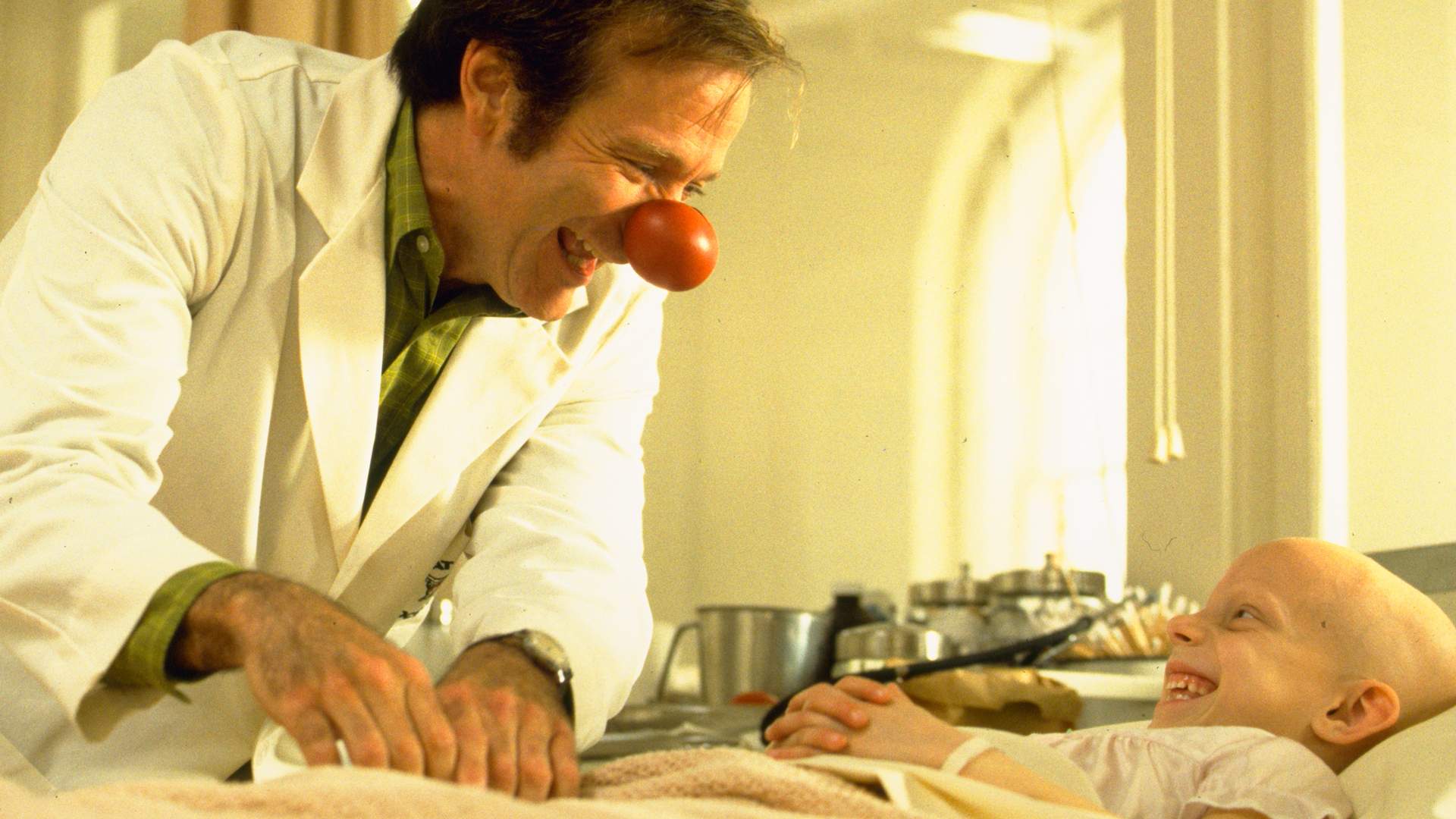


Stay tuned and follow the latest developments and news in Molecular Oncology.

The 15th of February has been established as World Childhood Cancer Day and was established on the initiative of the International Children’s Cancer Community Parents’ Association (ICCCPO) in order to raise public interest and awareness of neoplasms in young children.
The 15th of February has been established as World Childhood Cancer Day and was established on the initiative of the International Children’s Cancer Community Parents’ Association (ICCCPO) in order to raise public interest and awareness of neoplasms in young children.
It is a fact that children get cancer much less often than adults and this is inextricably linked to the fact that cancer is a disease that is related, among other things, to the lifestyle and harmful habits of individuals (e.g. smoking, alcohol consumption and poor eating habits, exposure to chemicals or UV radiation, etc.), which a young child cannot indulge in. In Greece there are around 300 cases of children suffering from various forms of cancer every year, a number that rises to 250,000 worldwide. Childhood cancer is any type of cancer that is diagnosed in children under 15 years of age. The proportion of childhood cancers compared to the total number of cancer patients of all ages is 0.5-4.6%.
The most common childhood cancers are leukaemia, lymphomas, central nervous system tumours, soft tissue sarcomas (rhabdomyosarcoma), retinal tumours (retinoblastoma), kidney tumours and bone tumours (osteosarcoma, Ewing’s sarcoma). Other cancers (e.g. breast, lung, bowel, etc.) are extremely rare in young children and affect an overwhelming majority of adults only.
The development of childhood cancer has not been linked to many known risk factors. The occurrence of cancer is mainly related to a person’s genetic make-up, but a possible genetic predisposition (family history of cancer) also plays an important role. However, clinical studies have shown that the presence of certain viruses can also contribute to the development of a neoplasm at an early age (e.g. Epstein-Barr, HIV, Hepatitis-B, herpes).
Another factor that has a significant impact is the role of radiation in childhood cancer. X-ray radiation should be strictly avoided during pregnancy. It has been shown that children who received X-rays (e.g. due to X-rays) while still in their mother’s womb were 30% more likely to develop leukaemia and solid tumours than other children.
Early diagnosis and proper management have made childhood cancer a curable disease in 70% of cases in Western countries. Our duty is always to continuously research and exploit the rapid technological advances in the field of oncology to make the disease fully curable in the near future for sufferers of all ages.